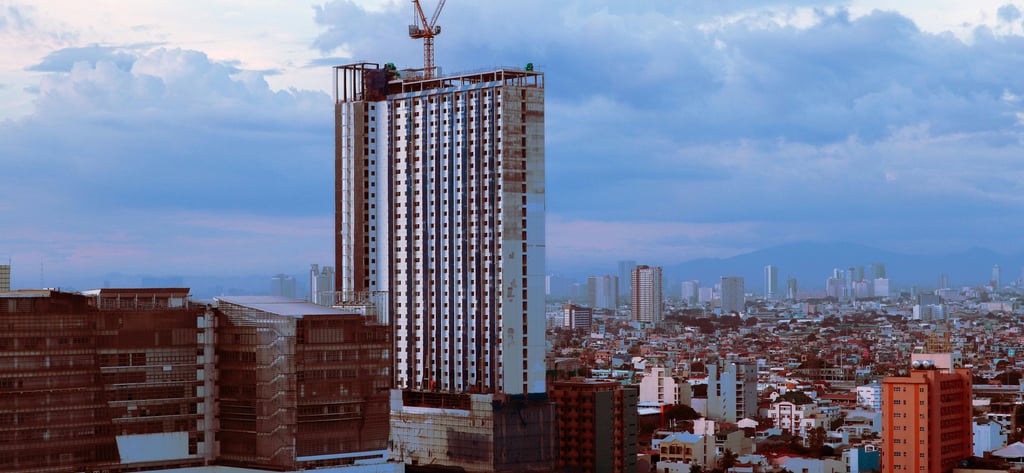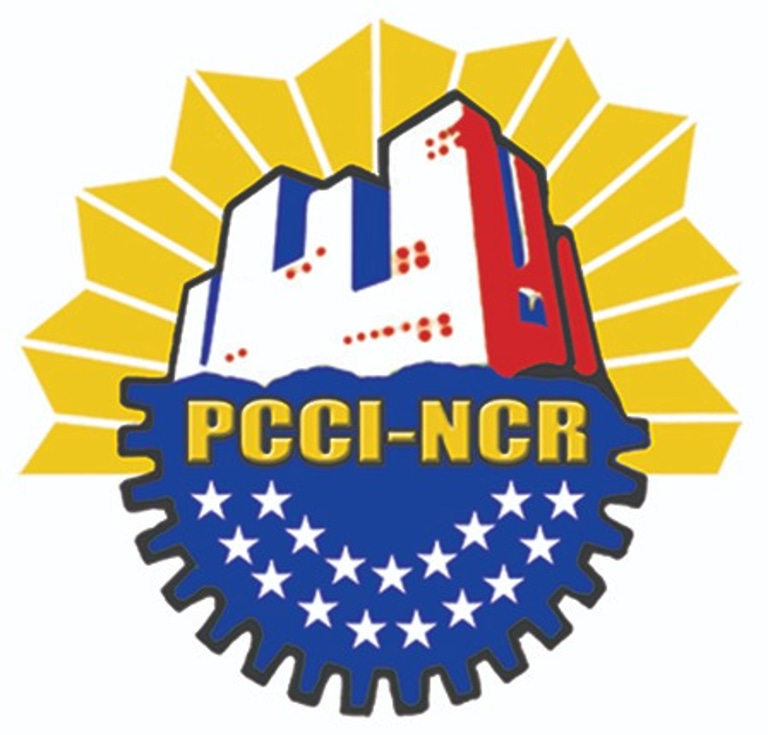A Property Owner's Guide to Commercial Construction
Manila's property scene is going through quite a change these days, as new rules get rolled out and the market's changing shape. It’s a mix of exciting growth opportunities and some familiar challenges. Just a few months into 2024, Manila was making headlines for its impressive real estate gains — clocking in at a 26.2% jump annually, outpacing even Tokyo’s 12.5%. That kind of performance really spotlighted the city’s solid fundamentals and how attractive it is to investors.
Jerry Romo
6/15/20253 min read


Last year, the situation shifted quickly when President Ferdinand Marcos Jr. announced that by the end of 2024, the Philippines would ban Philippine Offshore Gaming Operators (POGOs). This new regulation threw some uncertainty into the property market, sparking concern over its immediate and longer-term effects.
Still, many experts believe the overall impact might not be so dire. As one property analyst pointed out, POGOs only make up about 5% of the office space in Manila, mainly clustered around the Manila Bay area. So, even if the ban happens, it’s unlikely to cause a major crisis in the office sector.
On the investment front, commercial property development continues to be an appealing option, but success depends heavily on assembling a strong team from the start. The key difference between a profitable project and a costly mistake often boils down to choosing the right architects, consultants, and builders.
The building environment in the Philippines is a mix — some professionals bring top-notch expertise, while others fall short. Picking your team isn't just about getting the lowest quote; it’s about doing your homework. Owners should look at their potential partners' track records, financial health, credentials, and experience handling complex regulations specific to the Philippines.
Having architects well-versed in local codes, climate needs, and cultural details can save time and money during the design stages. Likewise, construction companies with solid project management skills and reliable suppliers are more likely to stick to schedules and budgets. Investing in high-quality professionals upfront often pays off, leading to smoother projects and better results.
That said, even well-planned projects face common pitfalls that can throw off timelines and budgets. Knowing these risks is essential for managing them effectively.
Delays in permits and approvals are among the biggest obstacles. Philippine bureaucracy involves numerous agencies—from local government offices to bodies like the Department of Environment and Natural Resources—which can slow things down if not handled properly.
Design changes and scope creep happen when initial plans don’t cover all bases. Sometimes, new regulations, site conditions, or market shifts force alterations that drive up costs and delay completion.
Material prices and labor costs can also swing unexpectedly. Since many building materials are imported, fluctuations in currency or supply chain issues can cause surprises. besides, shortages of skilled workers in certain trades can push prices higher and extend deadlines.
Quality issues often crop up when supervision isn’t adequate. If oversight is weak, subpar work might only be caught late, requiring costly fixes. This is especially tricky in the Philippines, where standards can vary widely.
When projects stumble, owners might face tough battles trying to recover losses. The legal process, while there to protect rights, often moves slowly and can be costly. Disputes dragged through courts may take years to resolve, leaving properties unproductive during that time.
Another challenge is contractor insolvency. Smaller firms may lack the assets to cover damages, and even bonded contractors sometimes have bonds that aren’t enough to cover the full scope of failures. Insurance for architects and consultants exists but often has exclusions, limiting the coverage available to owners.
Navigating the complexities of proving professional negligence or breaches of contract in construction projects can be quite a challenge. The need for technical evidence and expert testimony often makes these cases not only costly but also unpredictable in their outcomes.
Savvy property owners know the importance of implementing robust protection strategies before they even break ground. These proactive measures create multiple layers of safeguards against common risks, setting the stage for successful project completion.
At the heart of this protection is thorough due diligence. This means verifying professional licenses, reviewing past project portfolios, checking financial statements, and reaching out to references from recent clients. For construction companies, looking into their safety records and subcontractor relationships can provide valuable insights into their operational capabilities.
Comprehensive contracting is essential for safeguarding interests through well-crafted agreements. Contracts should clearly define the scope of work, establish performance standards, include penalty clauses for delays, and specify quality requirements. Fixed-price contracts with limited allowances for variations help keep costs in check, while performance bonds and payment guarantee offer financial security.
Staged payment structures are a smart way to align contractor incentives with project milestones. Instead of making large upfront payments, compensation should be linked to the verified completion of specific phases. Retention clauses that hold back final payments until any defects are fixed ensure that contractors remain engaged until the project is fully completed.
Independent oversight, provided by project management consultants or owner's representatives, offers professional monitoring of progress, quality, and compliance. These experts can spot issues early on, when solutions are typically less expensive, and ensure that contractors fulfill their obligations.
Lastly, insurance and bonding requirements are crucial for transferring key risks to specialized insurers. Comprehensive general liability, professional indemnity, and construction-specific coverage should be mandatory for all involved. If you are going to start a project, you might want to check with your local Association, PCCI or other business groups for referrals. You can always check SEC and other licensing agencies to verify good standing of the company you are considering.
The Voice of Philippine Business
Coming Soon: THE FLAGSHIP BUSINESS EVENT OF NCR
Learn more about the 2025 Metro Manila Business Conference (MMBC) Presented by the Philippine Chamber of Commerce and Industry – National Capital Region (PCCI-NCR). Visit our Facebook page by clicking the link below.
Contact Us
Subscribe for free
pcci.ncr@philippinechamber.com
+632 8846-8196
© PCCI-NCR All Rights Reserved 2025 Powered by Sparkz
